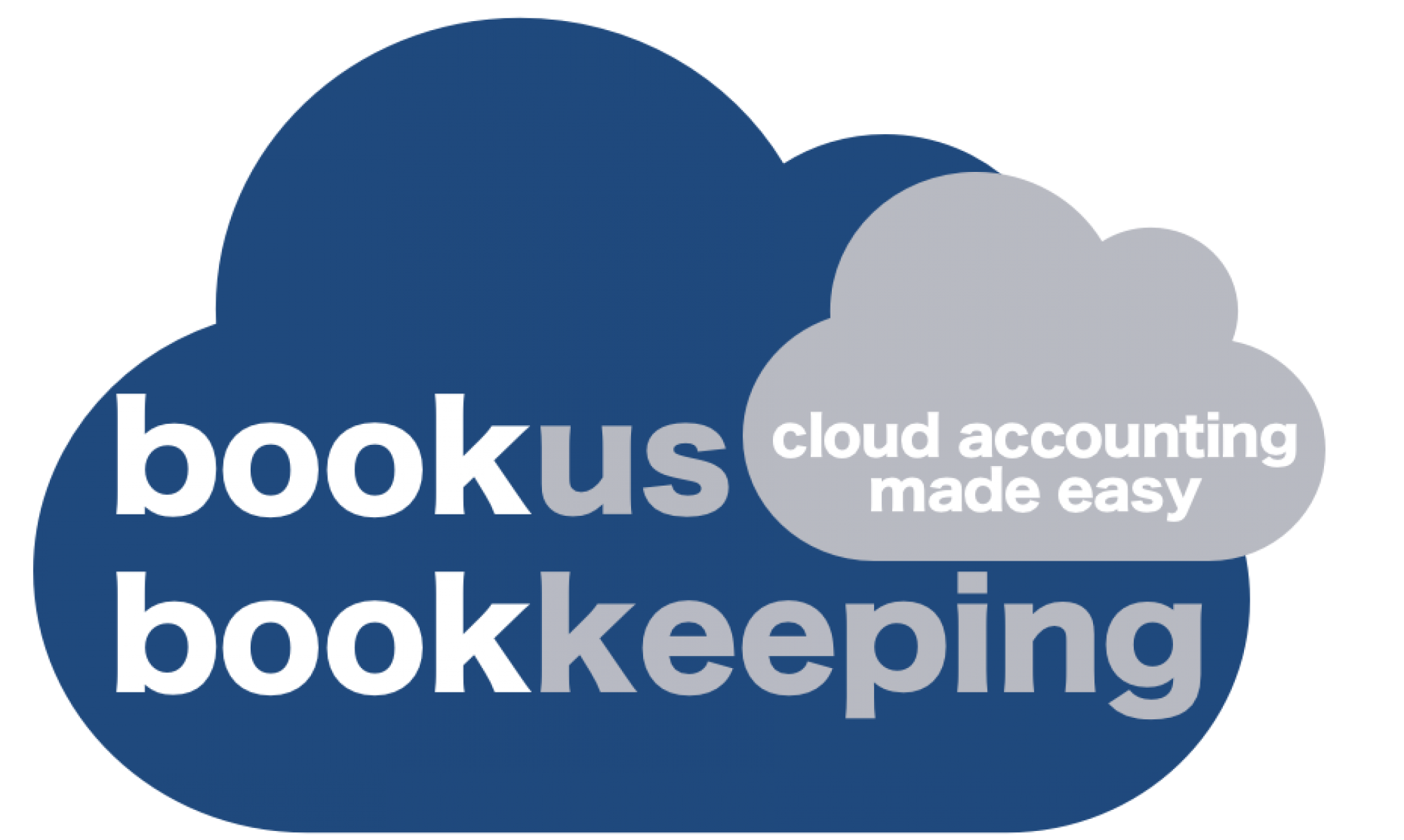This week we have been working with a client dealing with the termination of an employee. Unfortunately, we don’t realise the importance of policies and procedures until we face a situation where we want to use them. In this instance, there are limited policies and procedures in place, therefore we have been working closely with fair-work & payroll experts to create a policy around termination and ensure we are following the legal procedures.
Policies & procedures are vital to a work-place and must be supplied to all employees to read. This ensures that employees act appropriately, that the workplace is safe for all and there is a safety plan in place. Corporate compliance means having internal policies & procedures designed to prevent & detect violations, rules & ethical standards by employees.
What policies should your business have?
– Health & Safety Policy
– Code of Conduct
– Drug & Alcohol Policy
– Anti-discrimination & Harassment Policy
– Mobile, Internet & Email Policy
– Recruitment Policy
– Discipline & Termination policy
A workplace policy is a statement which underpins how the HR issues are dealt with in the organisation. It conveys the organisations values and expectation of employees behaviour & performance. They reinforce the standard operating procedures in the workplace and help employers manage staff more effectively by clearly defining acceptable & unacceptable behaviour in the workplace.
Well-written workplace policies are consistent with the values of the organisation, comply with employment & other associated legislation, demonstrates an efficient & business-like structure of the organisation. If the procedures are well-written they ensure uniformity & consistency in decision-making, operational procedures, add strength to staff when possible legal implications arise & save time when new problems arise that may be handled through an existing policy.
Steps to develop a Policy:
1. Management Support – have senior management understand & support implementation of the Policy
2. Consult with staff – involving staff promotes stronger awareness & ownership of the outcome
3. Define the terms of the policy – define key terms, explain what is acceptable & unacceptable & provide specific examples
4. Put the policies in writing & publicise them – provide to all existing & new staff members, ensure they are read and get signatures if possible
5. Training & regular referral – explain the policies to staff in training sessions or staff meetings
6. Implement – apply consistently through the organisation and deal with breaches to policies promptly and according to the procedures set out
7. Evaluate & review – Review and update policies regularly to ensure they comply with legislation and re-issue to staff if significant changes are made
A workplace policy should include:
– Aim – set out the aim of the policy
– Why – Explain why the policy was developed
– Who – list of who the policy applies to
– Behaviours – list the acceptable & unacceptable behaviours
– Consequences – what will occur if people don’t comply
– Date – when policy was written or updated
Sophie & Graham are currently working with clients to develop their policies & procedures. Due to the development of Covid-19, new policies started to become important for working from home. If you need assistance writing, reviewing and updating your policies and procedures, feel free to contact Sophie to book in a time.
